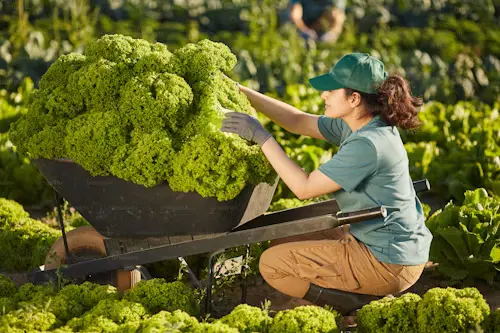
Sustainable gardening focuses on working with nature to create a garden that thrives with minimal impact on the environment. For beginners, this may sound challenging, but with the right tips, creating a sustainable garden is both achievable and rewarding.
- Use Native Plants: Native plants are well-adapted to your local climate, soil, and wildlife. This means they require less water, fertilizer, and maintenance compared to non-native species. Native plants also attract beneficial insects and pollinators, creating a balanced ecosystem.
- Compost Organic Waste: Instead of throwing away garden clippings, kitchen scraps, and fallen leaves, compost them to create nutrient-rich organic matter. Compost enriches the soil, reducing the need for chemical fertilizers. It also helps retain moisture, which is crucial for water conservation.
- Water Wisely: Sustainable gardening involves reducing water usage. Use a rain barrel to collect water from gutters and use it for your plants. Also, consider installing drip irrigation systems, which deliver water directly to the roots of plants, minimizing waste.
- Avoid Harmful Chemicals: Instead of using synthetic pesticides and fertilizers, opt for organic methods. Companion planting, natural pest deterrents, and handpicking pests can help keep your garden healthy without harming the environment.
- Promote Biodiversity: Include a variety of plants in your garden to promote a healthy ecosystem. Plant trees, shrubs, flowers, and ground cover to create habitats for birds, insects, and other wildlife. A diverse garden is more resilient to pests and diseases.
By following these simple tips, even beginners can start cultivating a sustainable garden that not only looks beautiful but also supports the environment.











